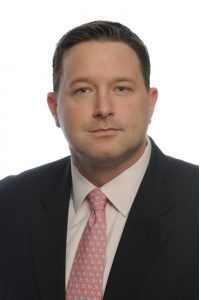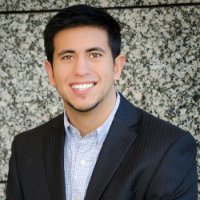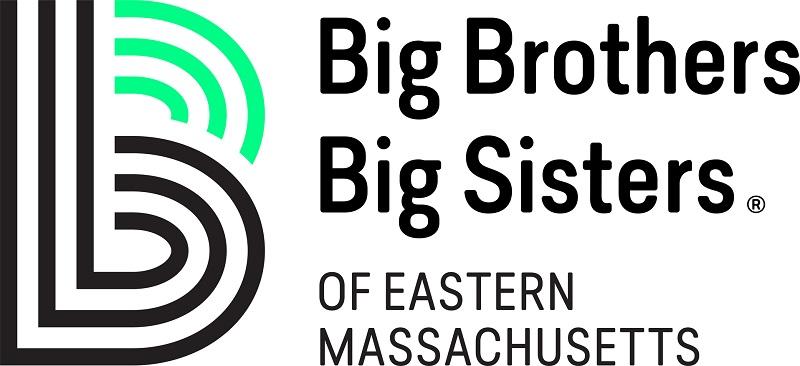By Andre LaFontant
Sustained excellence isn’t birthed from spontaneity. Mark O’Donnell, President and CEO of Big Brothers Big Sisters of Eastern Massachusetts (BBBSEM), understands that a commitment to a thorough plan is necessary for any amount of change to take hold. BBBSEM’s Diversity Equity and Inclusion (DEI) Roadmap is a testament to this notion, while simultaneously providing a blueprint for the meaningful use of an organization’s human capital.

Mark O’Donnell, President and CEO of BBBSEM. Courtesy of BBBSEM.
“Our service was created based upon the inequities within society and we’ve been serving under-resourced communities, mainly of color, for over 70 years,” he begins. “So we’ve always had a stance concerning DEI. However, we’ve never had this influx of outside organizations and individuals coming to us wanting to know more about the space. Therefore, our Roadmap intends to provide to our constituent base a sense of accountability. This makes them aware that while our organization is quite familiar with these issues, we continue to learn and grow.”
Being a consummate leader, Mr. O’Donnell understands that this kind of comprehensive plan is best accomplished by tapping into the passions of his staff. The Racial Equity Committee and Sexual Orientation & Gender Identity Committee are examples of staff-led initiatives, providing a sense of genuine ownership. “There are so many aspects of the organization that we want to revise that if we were trying to handle those changes strictly from a leadership level, there would be many things we would miss,” Mr. O’Donnell explains. “So, each of these committees is charged with taking a look at our organization through their own lens and it’s been super helpful in holding everyone accountable. The bigger picture is that we want the kind of representation we see in our committees throughout our entire organization.”
This facilitation of empowerment allows for the possibility for people to speak honestly with one another about how to achieve DEI goals. Mr. O’Donnell explains that “providing a platform for uncomfortable discussions to take place from the board level down to our staff is key. If someone even applies to be a Big within our program, we emphasize beginning with the mission statement, which demonstrates that we are an antiracist organization. It’s paramount that that mindset is present within the first five minutes of meeting someone.”
BBBSEM’s Head of People and Culture, Nicolas Ramos, echoes this sentiment of organizational cohesiveness through the BBBSEM’s Big Talks program. “It’s so important for our mentors to have the opportunity to speak about their experiences,” Mr. Ramos begins. “As the events of 2020 unfolded, understanding how our volunteers speak about race and address differences helps further promote our commitment to healthy, well-rounded conversations. I firmly believe that these conversations will encourage the next generation of youth to be open about their experiences and develop a sense of confidence that is needed to navigate the world that we live in today.”

Nicolas Ramos, Head of People and Culture at BBBSEM. Courtesy of BBBSEM.
That is the clear objective of any mentor: to provide the tools that will allow individuals to voice their passions in the most effective way. “We’re not hoping to handhold people in the direction that we feel they should go,” Mr. O’Donnell clarifies. “We want people to know how important it is to advocate for themselves and the people they care about. It is our mission to provide the outlets to do so.”
Beyond tackling uncomfortable discourse, shepherding diverse pipelines of representation is high on the list of goals for BBBSEM’s DEI Roadmap. Mr. O’Donnell explains that “promoting diverse representation among our board of directors is a big thing. Within the next two months, we will have increased our racial diversity by 25 percent. In terms of gender diversity, we intend to go from 27 percent to 50 percent female representation. Building our leadership structure to represent our community better and represent our core values around DEI is at the forefront of how we wish to operate.”


